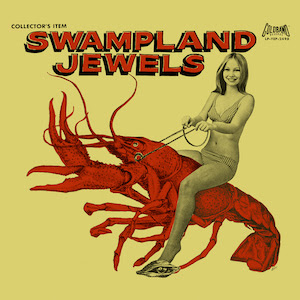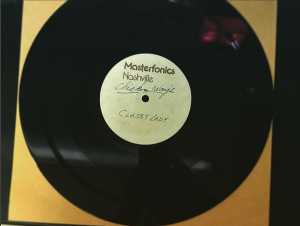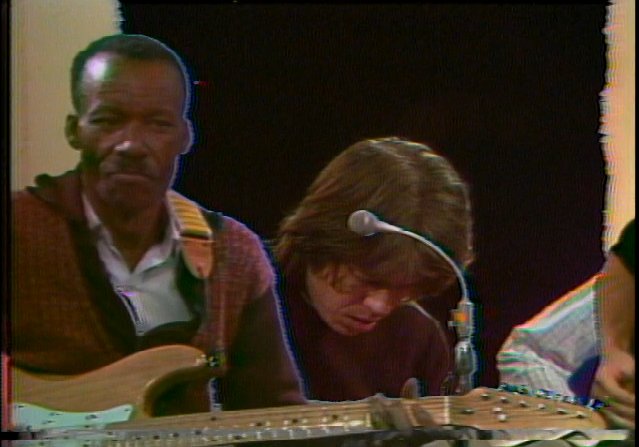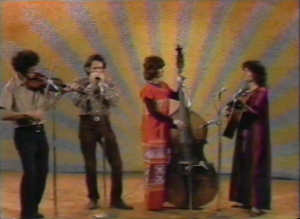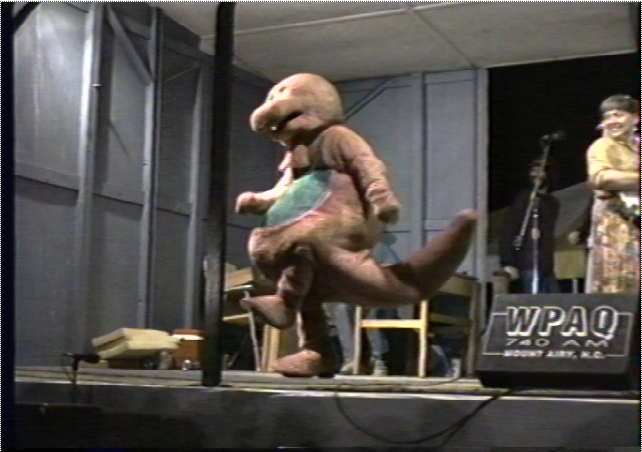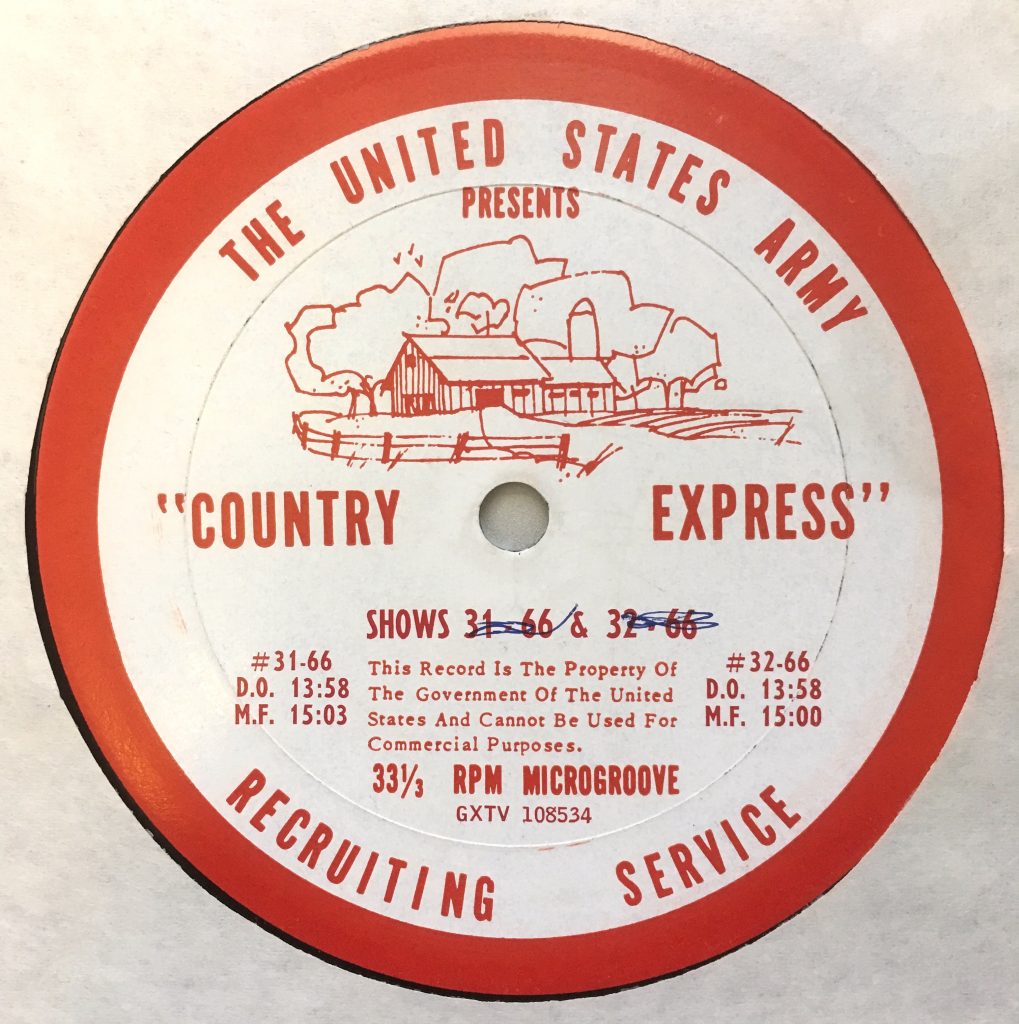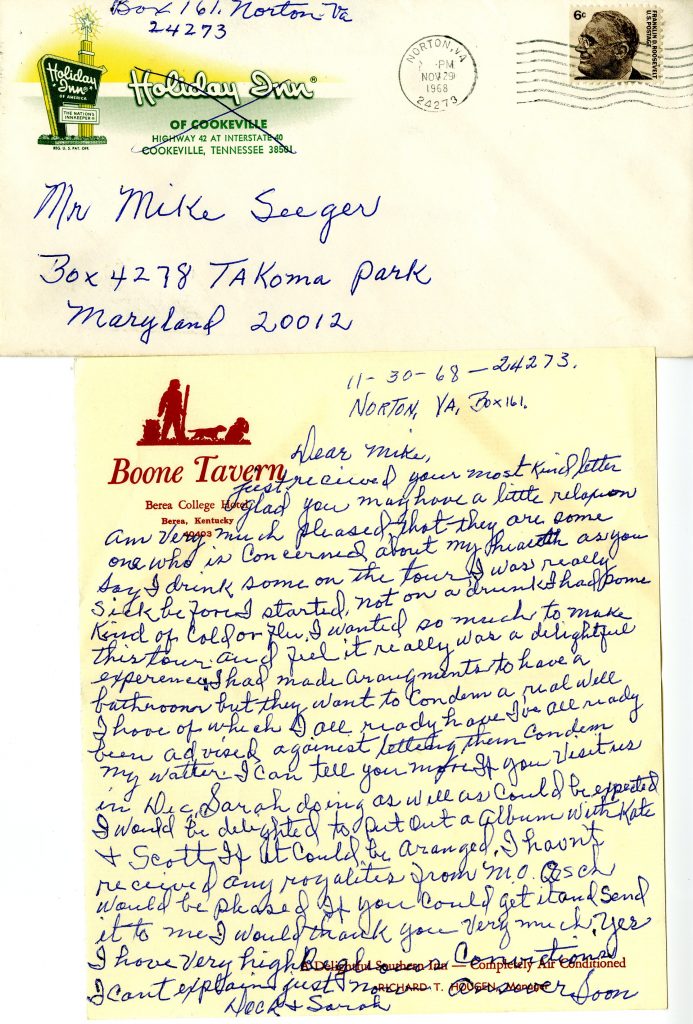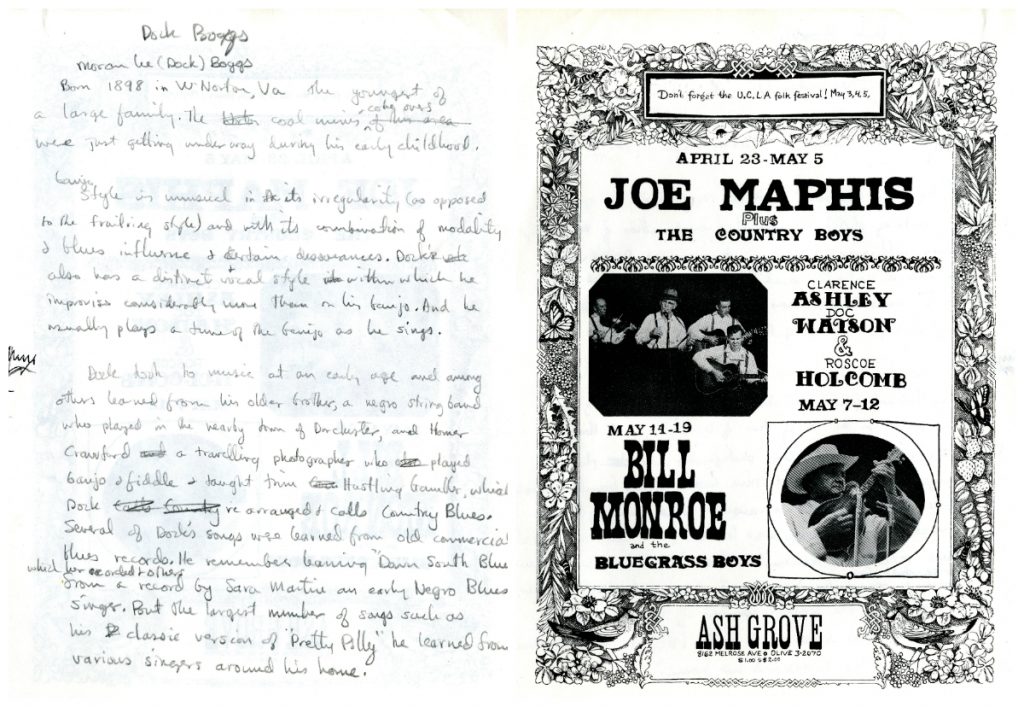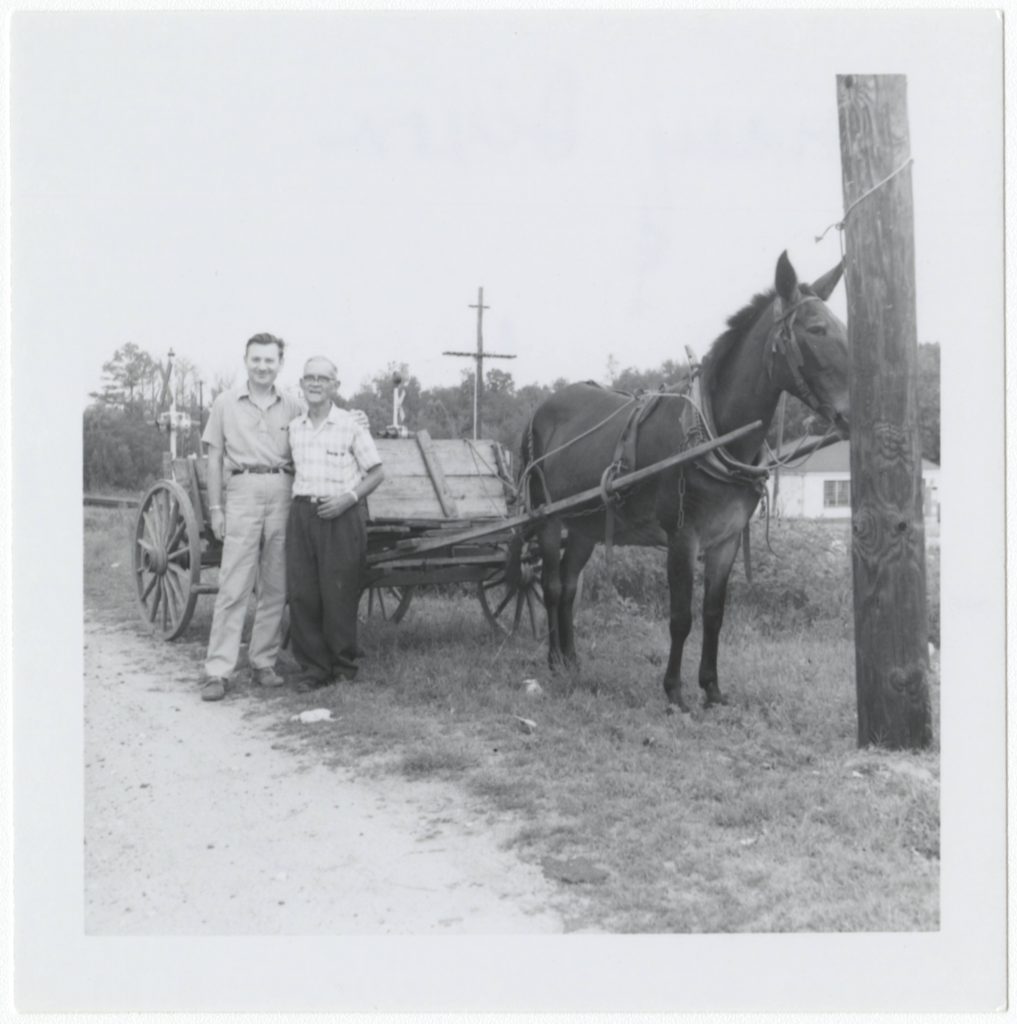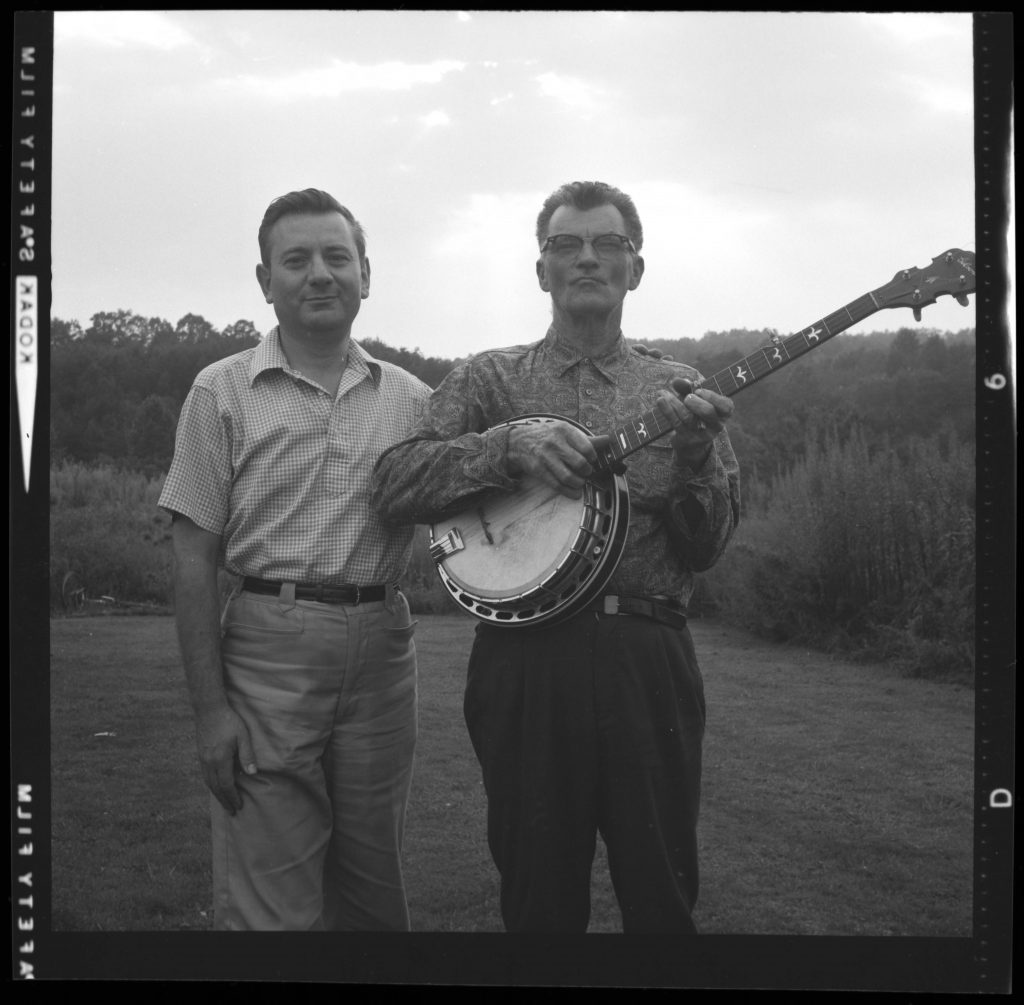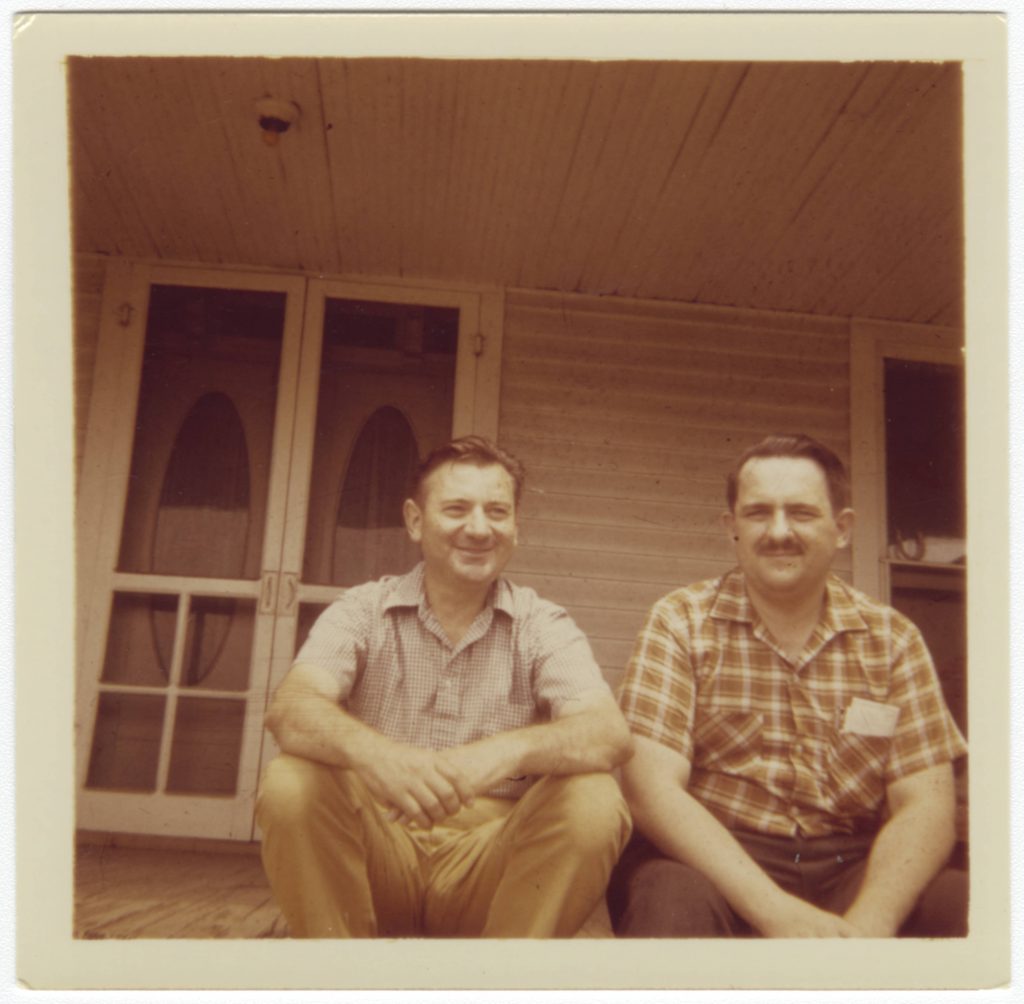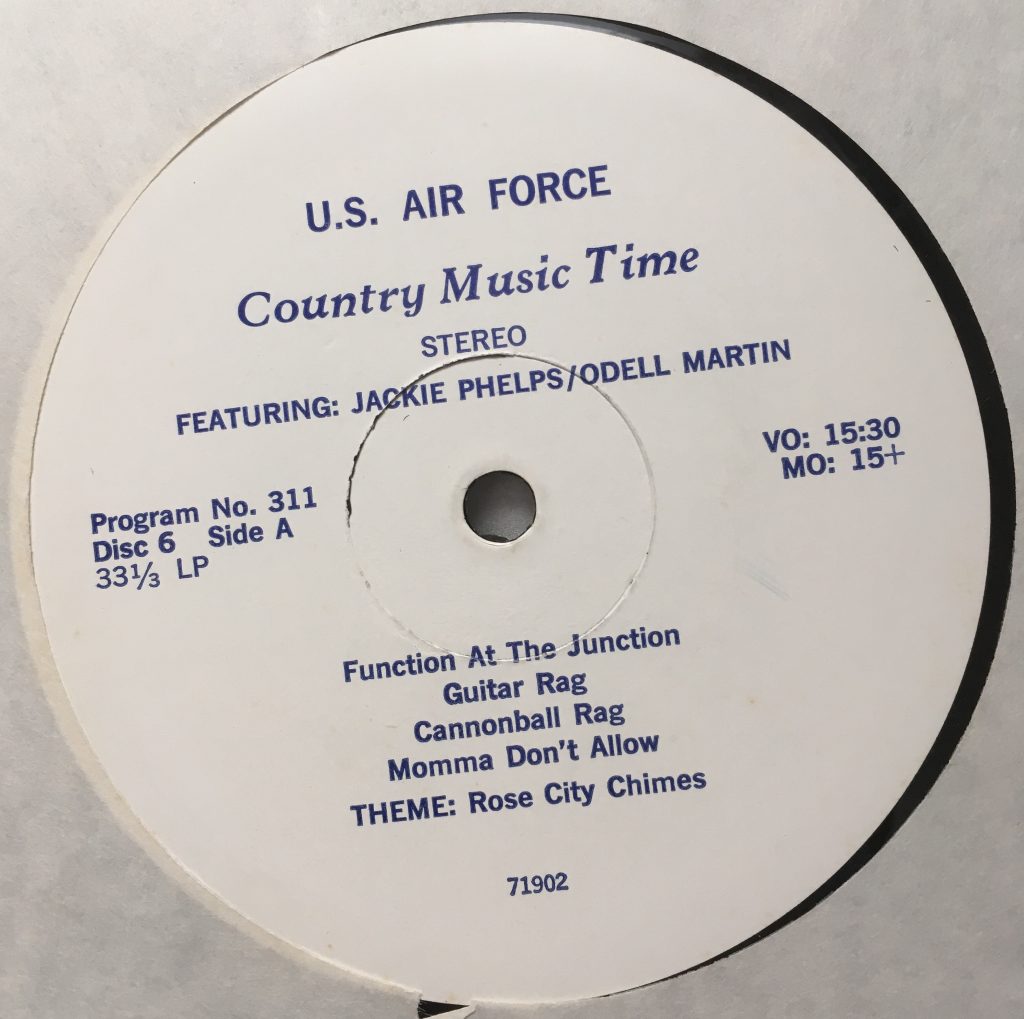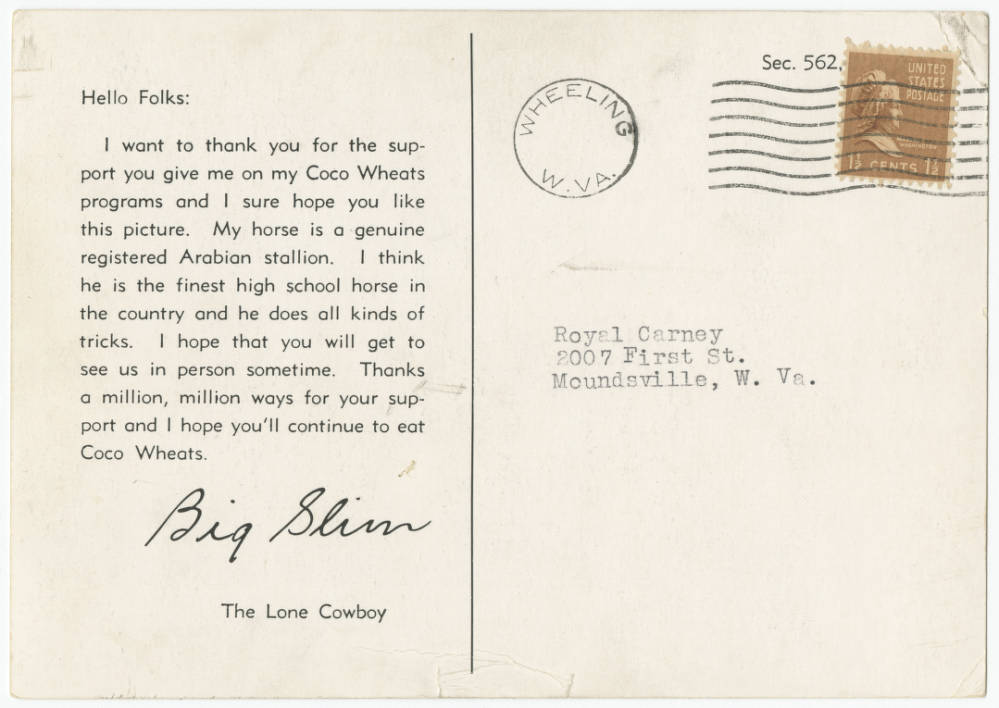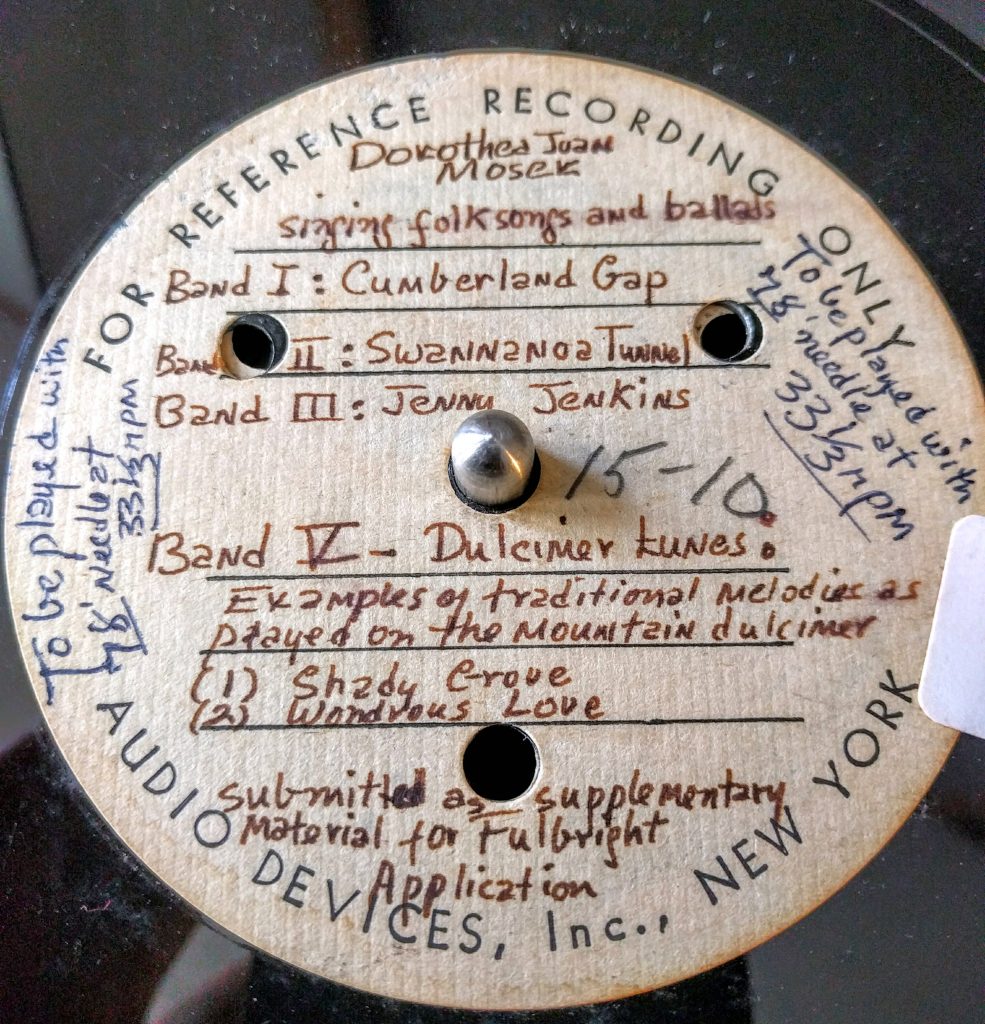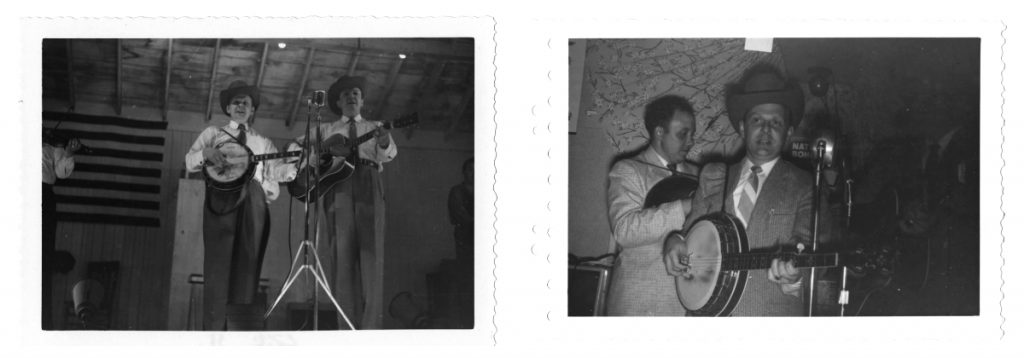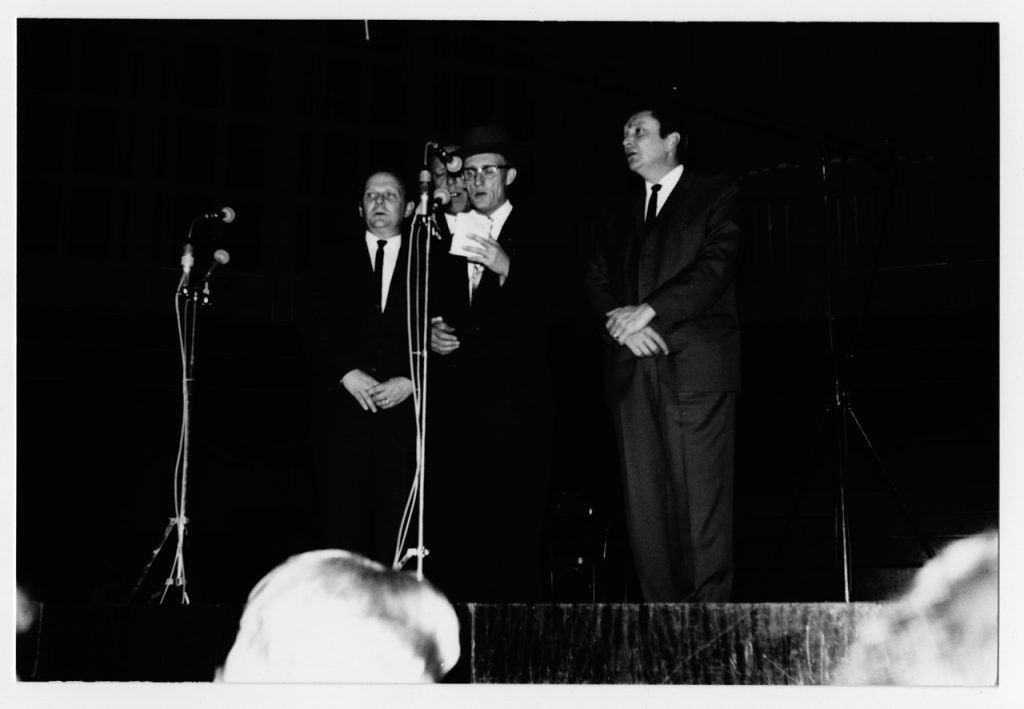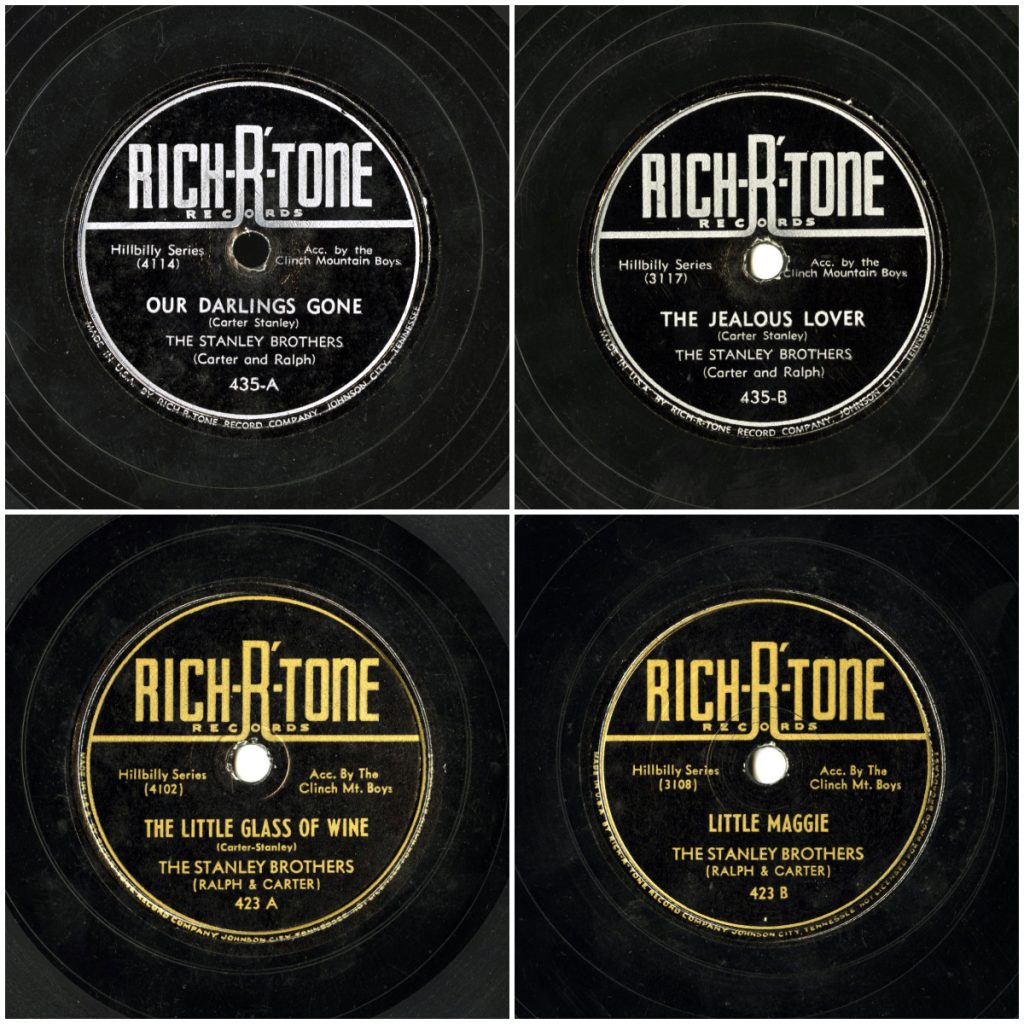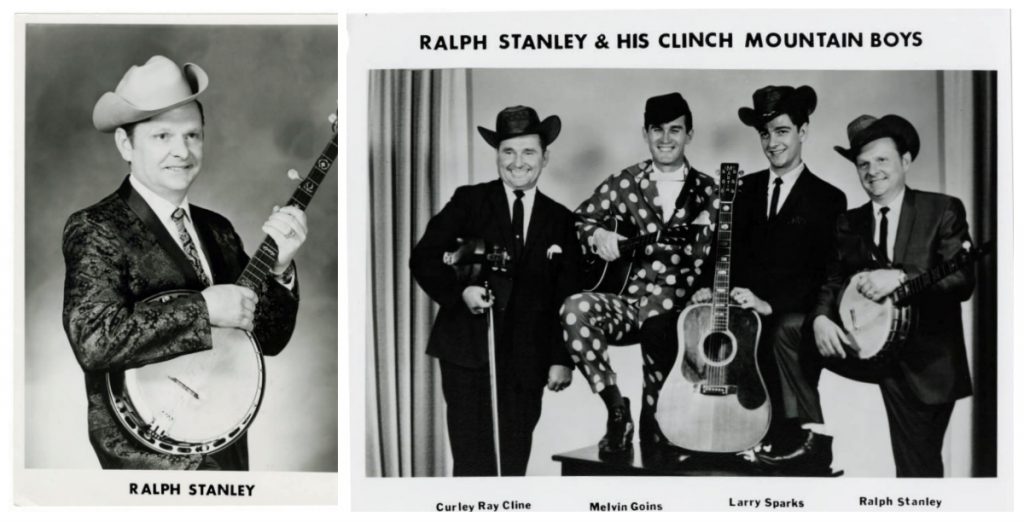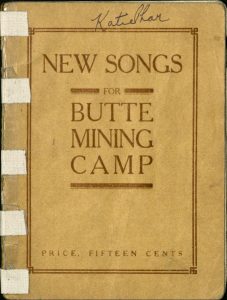
During my work cataloging the many editions of the IWW’s Little Red Songbook in the Archie Green Collection, one particular autograph stood out and intrigued me time and time again. The Green Collection holds 13 different items—all songbooks of some sort—with the autograph of Katie Phar. Little is known about her and not much has been written on her or her role in the IWW. Phar joined the Industrial Workers of the World around the age of 11. She was often referred to as the “IWW songbird” or the “Songbird of the Wobblies.” A young Katie Phar wrote to IWW martyr Joe Hill during his imprisonment about their shared love of music and its importance to the labor movement. A handful of images of Katie Phar have been digitized by the University of Washington Libraries, but the details on Katie Phar and her life remain relatively few.
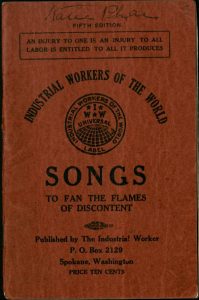
In the twenty-eighth edition of the Little Red Songbook, published in July of 1945, I found a page devoted to Katie Phar. With a short tribute and an image in memory of Katie Phar, published just after her death in 1943, the Little Red Songbook paid its respects to one of its most ardent supporters of its music. Using this information and with a little help from census records and city directories, I was able to create an authority record for the voice that inspired so many members of the IWW “with her songs, her high courage” (Songs of the workers, 1945, page 4). City directories for Seattle in the early 1900s revealed Katie’s steady employment as a cashier for a theater, before she later devoted herself to the entertainment industry, presumably referring to her many hours spent singing for Wobblies and adding to the morale of the labor movement.
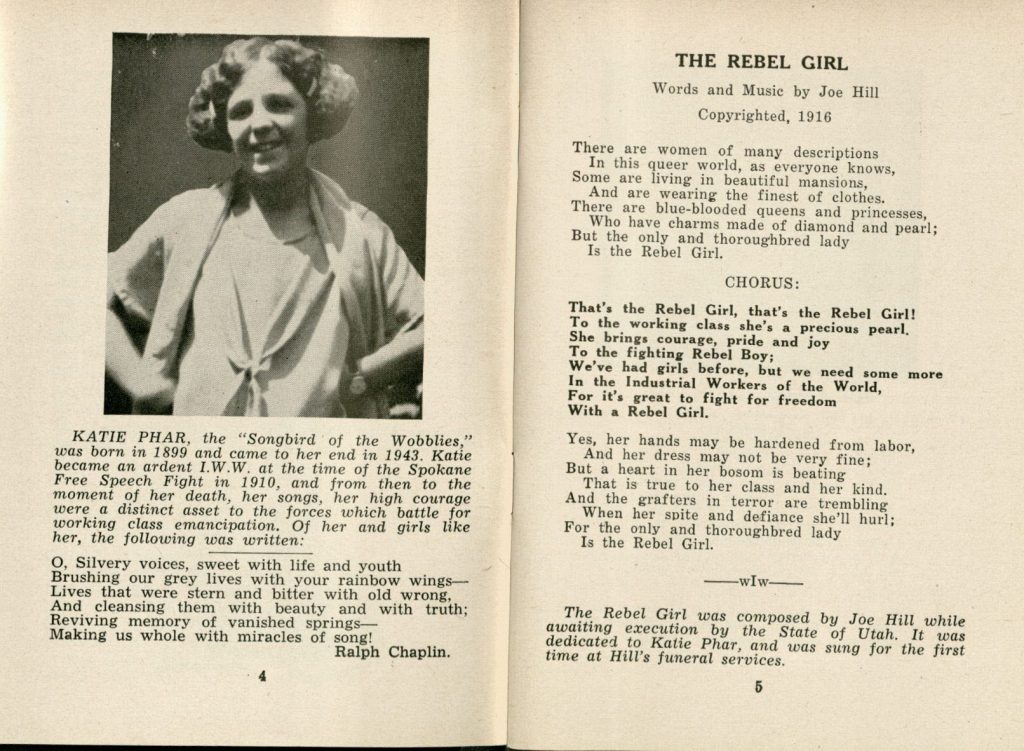
While these autographs may mark the songbooks as her own, or they may simply be autographs for those who heard her sing and lead the singing at many an IWW meeting, Wilson Library also holds some fascinating traces of Katie Phar in its archival holdings. In the Archie Green Papers of the Southern Folklife Collection, there are three song scrapbooks related to Katie Phar. Two of the scrapbooks were compiled by Katie Phar herself, and the third was compiled by Herbert (Herb) Tulin, a prolific songwriter and member of the IWW.
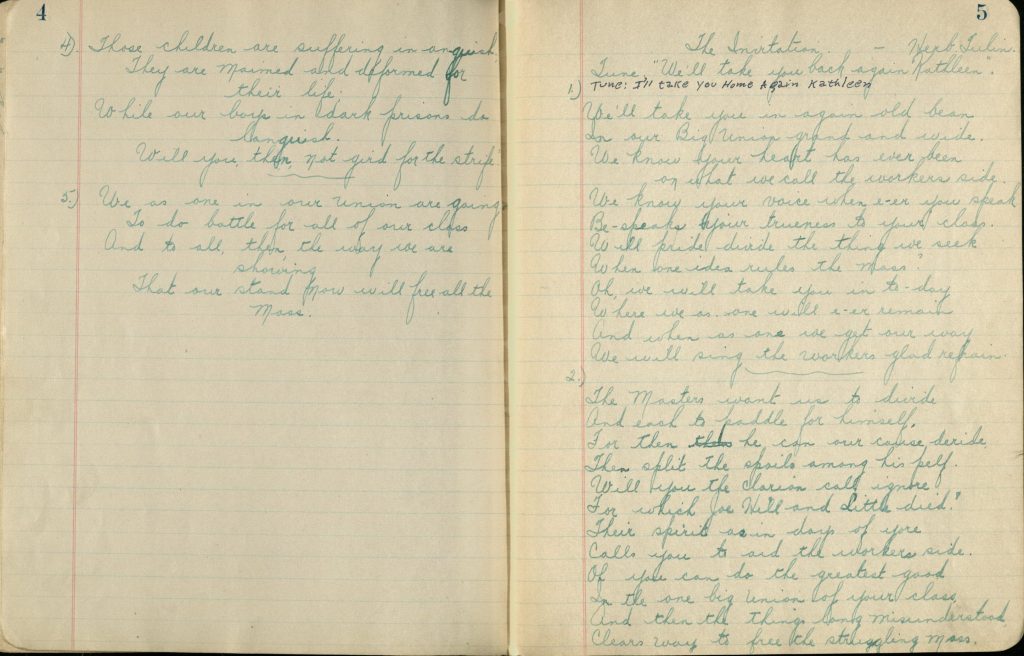
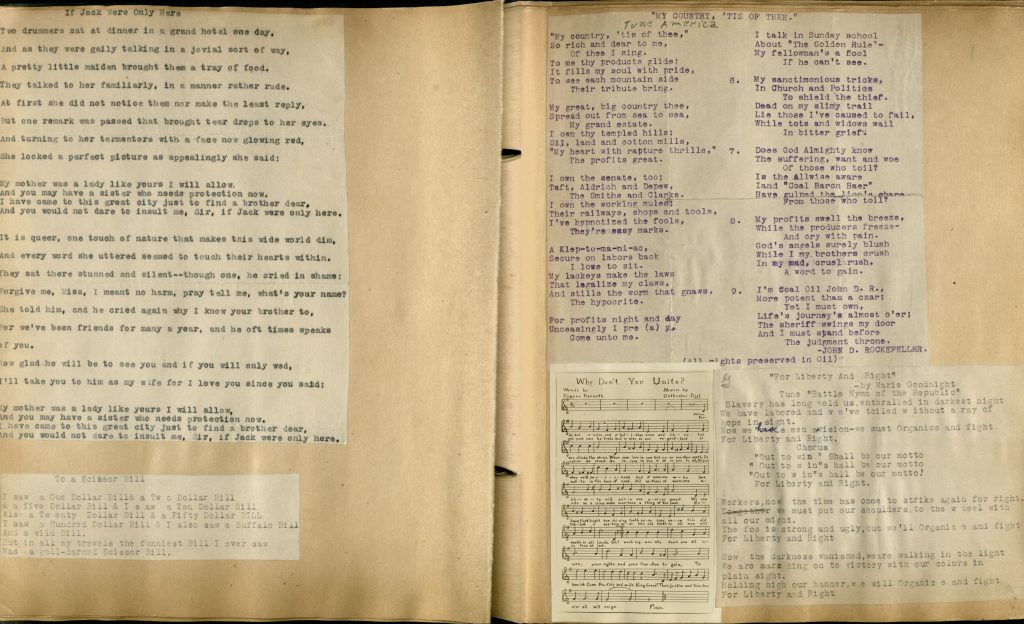
It is in Tulin’s scrapbook that the importance of Katie Phar to the labor movement can be seen. Herb Tulin compiled a scrapbook of clippings and mimeographs of his songs for Katie Phar as a Christmas present in 1928.
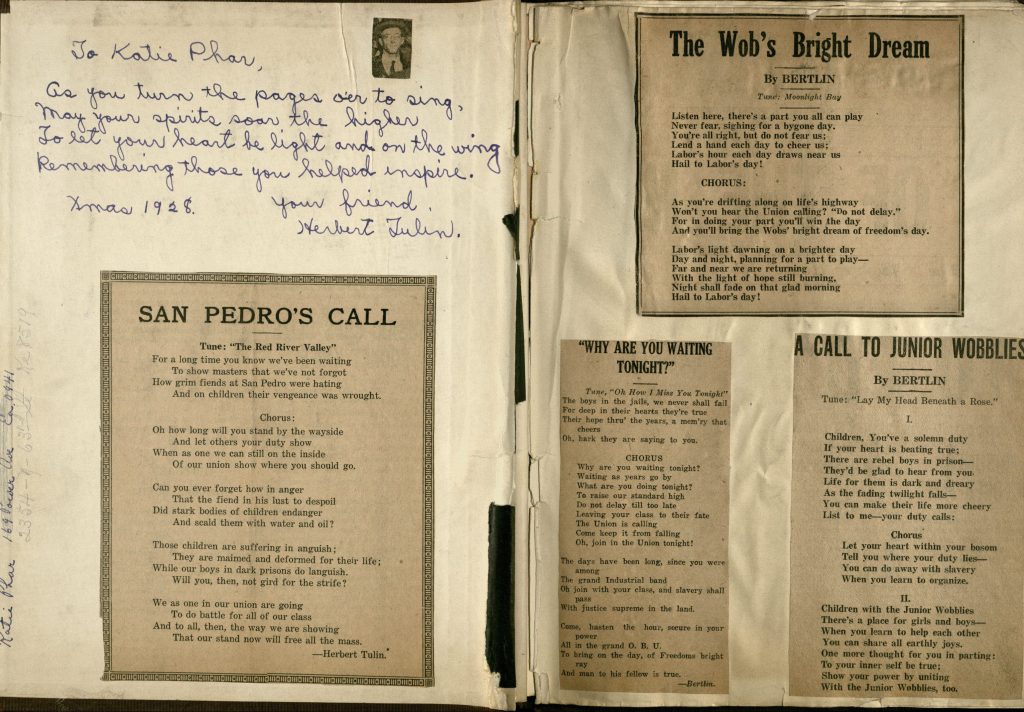
He writes:
To Katie Phar,
As you turn the pages o’er to sing
May your spirits soar the higher
To let your heart be light and on the wing
Remembering those you helped inspire.
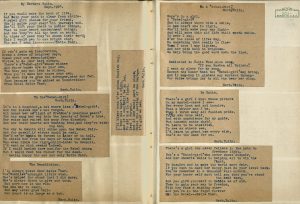
The two final pages of the scrapbook are filled with the songs that Tulin wrote for Katie and reveal much about her and her role in the labor movement. These songs describe Katie Phar as a “bright star,” “an inspiration,” “a Rebel-girl,” and one who “lift[s] your thots to nobler things.” Tulin writes in one song: “Her voice brings joy to all who hear her sing.” Katie Phar’s voice and song-leading was an inspiration to many in the IWW and the greater labor movement, as they aspired to be more like her and “make the world more fair,” with these scrapbooks revealing more about her life and her role in the Industrial Workers of the World.

 Getting super excited for the Masters of Cajun Accordion event coming up this weekend at
Getting super excited for the Masters of Cajun Accordion event coming up this weekend at 